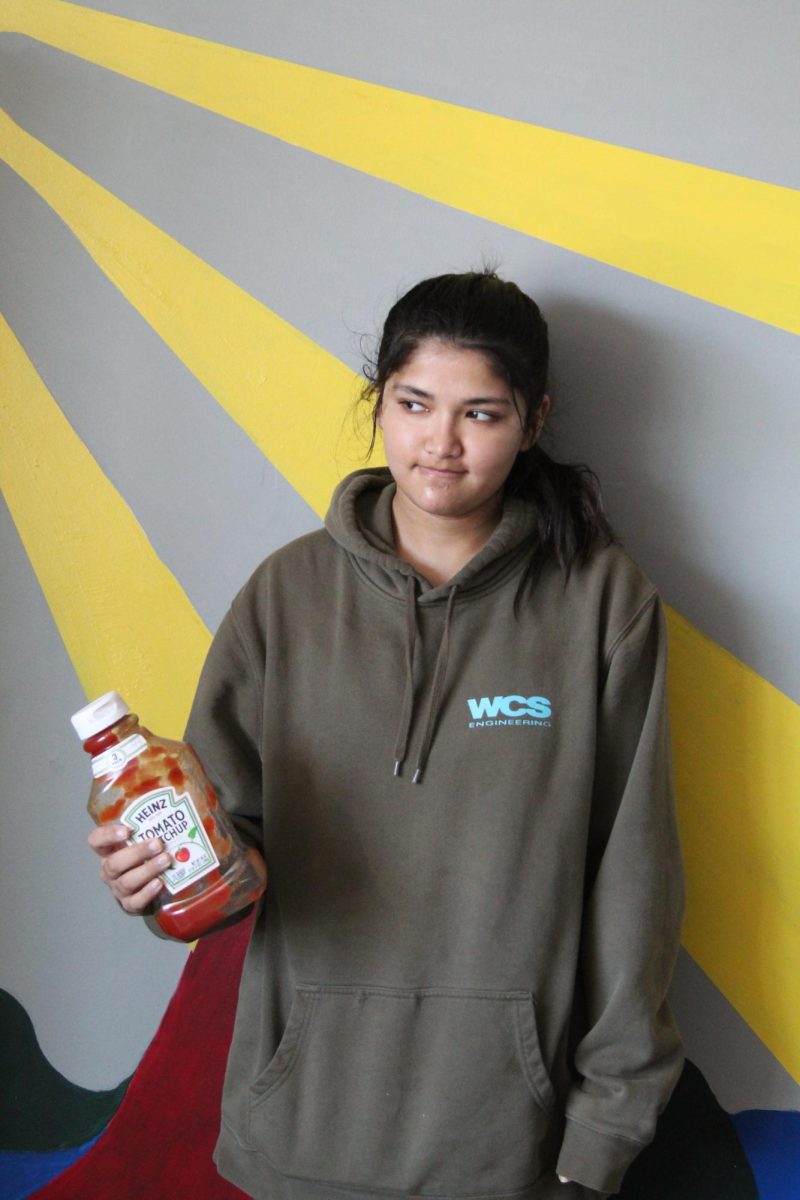When America heard about a possible TikTok ban, our shouts of protest could be heard on the other side of the world. Confusion, chaos and frantic protests have clouded our understanding of what this ban actually means and what will happen to the app during 2025.
In 2020, Donald Trump’s administration pushed forward a proposal to ban TikTok due to concerns about China’s government collecting information such as financial and personal information about U.S. citizens through the app.
Because TikTok is owned by a Chinese company, the company is not allowed to refuse giving information that it collects to the Chinese government by law, causing many Western countries, including the U.S., to be concerned about national safety. Because of this, everyone who does any kind of business with the U.S. government has had a TikTok ban since 2023.
Soon after, ByteDance, the Chinese company that owns TikTok, promised they would divest, or sell part of the company to an American company. TikTok filed a lawsuit and the order was rescinded. However, under the Biden administration, the bill was brought back, approved by Congress and signed by former President Joe Biden. On January 18th, TikTok was suspended in the United States. Two days later, on the 20th of January, Trump created a 75 day “non-enforcement period.” This means that while TikTok is still technically banned in the U.S., it is not being enforced by the government. When that period is done, TikTok will not be allowed on devices in the U.S.
According to a study done by the Pew Research Center, the average teenager spends approximately two hours on TikTok every day. In addition, 63% of teenagers use TikTok, and 17% report “almost constant use of the app.” In the U.S., TikTok has the highest percentage of users and the longest average time spent on the app. This is partially because creators of TikTok intentionally designed the app to be addicting, utilizing short video lengths to make the app “dopamine-inducing,” creating the same effect in the brain as a drug addiction. TikTok users have a 30% chance of becoming addicted to the app, making it the most addicting social media yet. Because of the chemical change that this effect can have on your brain, some people will find it very challenging to switch to another platform, especially one where the algorithm doesn’t provide the same dopamine hit as TikTok does. However, I believe that the vast majority of students will be able to move on quickly, as other apps are already fighting to become the new “American TikTok.”
TikTok is a widely used social media platform, especially for teenagers and young adults. When a potential ban was announced, fists were raised in fear and shouts could be heard from across the country, overshadowing any reasons behind the ban. TikTok is the second most used social media platform in the United States, and many people have made speculations on what will happen when the potential ban comes into action. While the app is one of the most popular social media platforms, would the ban actually create a long term difference in social media consumption, or will TikTok soon become a memory?
TikTok’s potential ban has been discussed for about half a decade, however, it was only 2024 when the law was signed. The ban is due to the government’s concerns on the company ByteDance being a Chinese company. Because of this, all information on the app is accessible by the Chinese government. The law was put into effect on January 19, 2025, but fourteen hours and thousands of complaints after the ban was put into effect, Donald Trump postponed the enforcement of the ban for a seventy five day period. After this period, downloading the app would be impossible for American users. Because of the app’s huge popularity, many users have been speculating about what would happen if this potential ban turned into reality.
About 63% of high school students have TikTok, and the average teenager spends around two to three hours on TikTok per day. The app’s highly addictive setup will make users feel heaps of withdrawal when the app is banned, but soon, people will probably find an alternative. Needless to say, removing the app would affect the student population greatly, however, there are other apps with similar features as TikTok, such as Instagram or Lemon8. Because of this, I believe that the removal of the app would not have many long term effects, and that students would migrate to a different social media platform without difficulty.
Overall, the TikTok ban will not cause a long term change in social media consumption for students and users will likely find an alternative source for social media. Though a ban on TikTok would be a major shift in many teenagers’ lives, it will probably not be as extreme as people may think.










